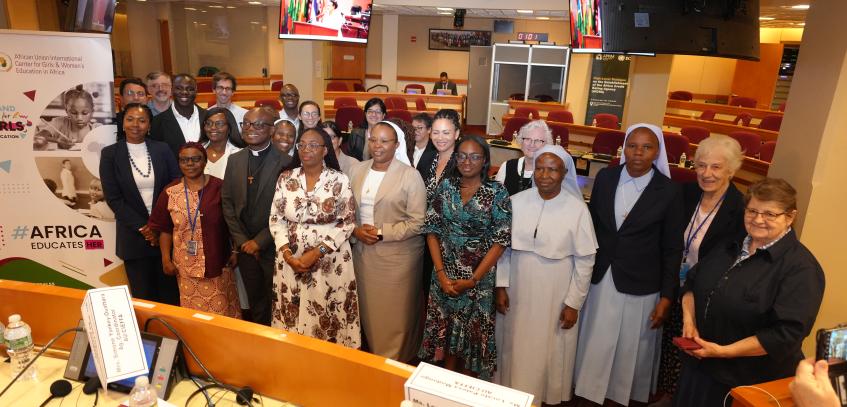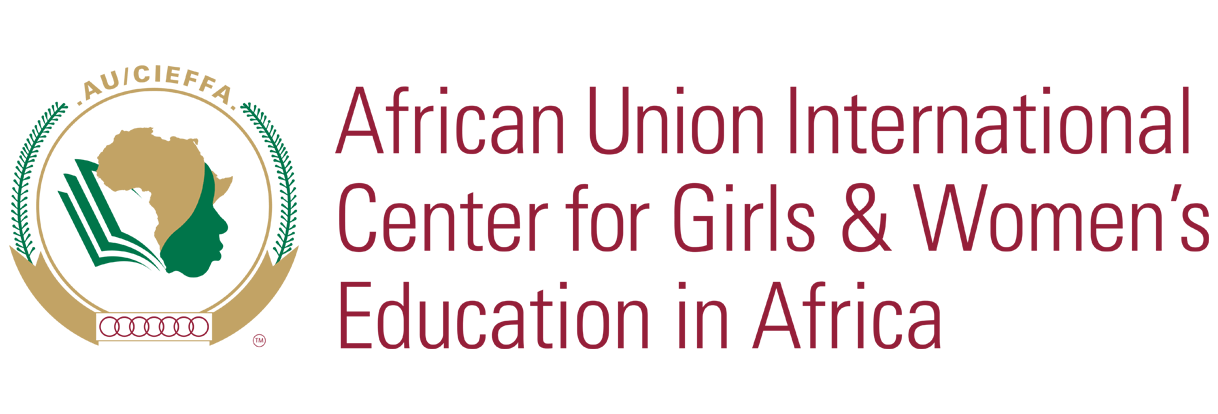The African Union Centre for Girls and Women’s Education (African Union CIEFFA), the Bakhita Partnership for Education (BPE), UN Women and the Africa Health and Economic Transformation Initiative (AHETI), the Hilton Foundation and the Forum for African Women Educationalists (FAWE) have organised a side event on the sidelines of the Summit of the Future taking place under the auspices of the 79th Session of the United Nations (UN) General Assembly. The session took place on September 20, 2024, at the Permanent Observer Mission of the AU to the UN in New York.
The event, which held under the theme, “Intergenerational Leadership for the Acceleration of SDGs 3, 4, and 5", focuses on the contribution of non-state actors to the advancement of SDGs 3 on health, 4 on education, and 5 on gender equality.
Mrs Simone Yankey, Ag. Coordinator of the African Union CIEFFA, representing the AUC Commissioner for Education, Science and Technology, H.E. Prof. Mohammed Belhocine, acknowledged the foundational nature and intersectionality of these three goals. “Recognising the intersections between health, gender equality, and education, I would like to highlight the criticality that education plays within this intersection. AU recognises that education is a critical piece of Africa’s development agenda, and a targeted tool to ensuring socio-cultural, economic, and political participation by all, including girls and women”, she asserted.
The rich mix of speakers from religious, philanthropic, state, youth-led, and private owned entities enriched the discussions and provided a wide range of solutions. Among other things, recommendations were made to pave a way forward and stir concrete action for the improvement of education, health, and gender equality on the continent. Strengthening strategic partnership and collaboration between the different types of stakeholders across board, focusing on co-creation and co-implementation of policies and actions from all actors including the beneficiaries, safeguard the affordability and accessibility of services such as education and health were some of the solutions that were highlighted. Other recommendations include the involvement youth-led initiatives and innovations, capacitation of teachers to teach gender-sensitive pedagogy, leveraging the contribution of philanthropy in furthering development efforts, and taking a more holistic approach towards education to include quality and inclusive education.










